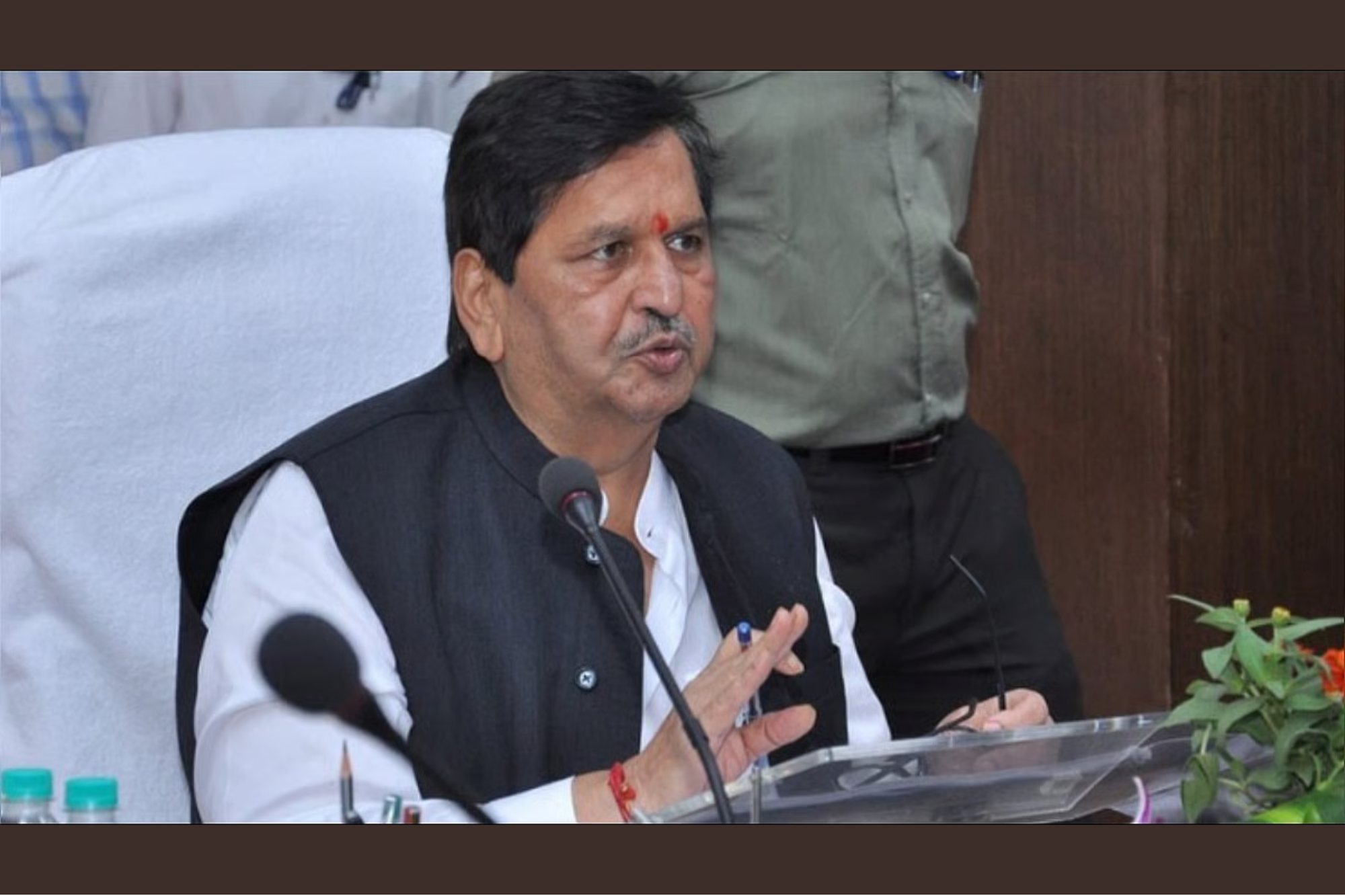Maharashtra to Launch Ambitious Startup and Innovation Policy to Empower Grassroots Entrepreneurs The policy plans to register 5 lakh skilled youth as "pre-innovators," offering collateral free loans of INR 5–10 lakh with 50% interest subsidy to promote grassroots entrepreneurship and real-world business experience.
You're reading Entrepreneur India, an international franchise of Entrepreneur Media.

In a bold move to foster grassroots entrepreneurship and formalise traditional enterprises, the Maharashtra government is on the verge of finalising a comprehensive 'Startup and Innovation Policy'. Designed in collaboration with senior bureaucrat Pravin Pardeshi and renowned scientist Dr Raghunath Mashelkar, the policy aims to provide structured support to scale up startups and innovations across the state.
The policy targets the registration of 5 lakh technically skilled youth, including ITI students, 10th pass individuals, and beneficiaries of the Vishwakarma scheme, as "pre-innovators." These individuals will be eligible for collateral free loans ranging from INR 5 lakh to INR 10 lakh, with the government subsidising 50 percent of the interest. The initiative aims to give them real world business experience right from the start.
"Most entrepreneurs fail because they lack practical experience. Innovation without experience rarely succeeds. Our model ensures each candidate begins with hands-on business exposure," said a senior government official.
After one year, participants will take a simple aptitude test, through which 1 lakh will be selected to move to the next stage as 'innovators'. These individuals will receive technical, financial, and marketing mentorship through district level expert groups. By the third year, 25,000 will evolve into full fledged startups eligible for funding from central, state, and private sources.
The policy also addresses a long standing gap in India's startup ecosystem. Despite a decade of national startup programmes, only 1.6 lakh startups are registered across the country, with a success rate of just 10 percent. State officials argue that the lack of structured guidance and practical exposure is a major reason for this shortfall.
Another major thrust of the policy is the modernisation of traditional family run businesses in agriculture, dairy, handicrafts, and similar sectors. These will be supported in transitioning into scalable, modern enterprises. To this end, the government plans to set up district level innovation hubs and micro incubators, along with Innovation Centres in every Industrial Training Institute (ITI).
The state will also roll out the Chief Minister's Innovator Scheme, which offers collateral free loans with a 50 percent interest subsidy and a one year repayment moratorium. Importantly, subsidies will be routed directly to financial institutions, avoiding direct transfers to individuals.
Industry partners are expected to play a key role. The policy offers them a host of incentives including tax benefits, reimbursement of seat fees, access to ITI campuses for exhibitions and job fairs, and the opportunity to run additional training batches via Maharashtra Skill University.
"We are changing the entire face of ITIs," said Skill Development Minister Mangal Prabhat Lodha. "A new government resolution will be out within two months. We're not only revamping ITI courses but also launching teacher training. I was shocked to know that some ITI teachers haven't received training in 35 years. How can they teach effectively without it?"
To support modern industry needs, ITIs will be equipped with electric vehicles, drones, solar tech, robotics, and 3D printing tools. "We'll also have experts on site to ensure machines are fixed quickly," Lodha added.
When asked about declining student registrations in ITIs, Lodha acknowledged the issue, saying, "We were unaware of this trend as admission numbers looked fine. But we're introducing changes this year to address this, and we're confident students will return."
Six new courses are being introduced this year, tailored to the needs of local industries. Lodha also encouraged ITIs to offer popular and short term courses to attract more students and promote growth.
"This policy isn't just about startups. It's about employment, skills, and real enterprise," said Lodha.












